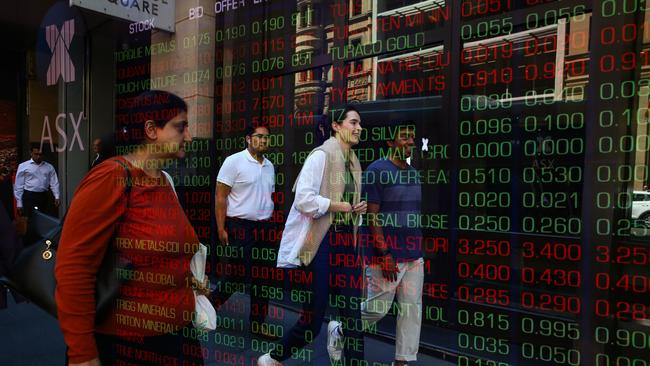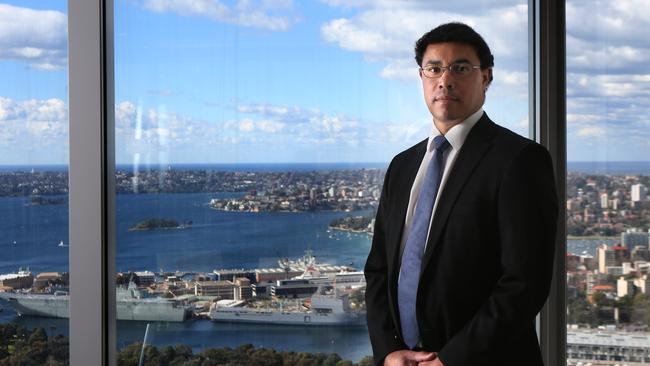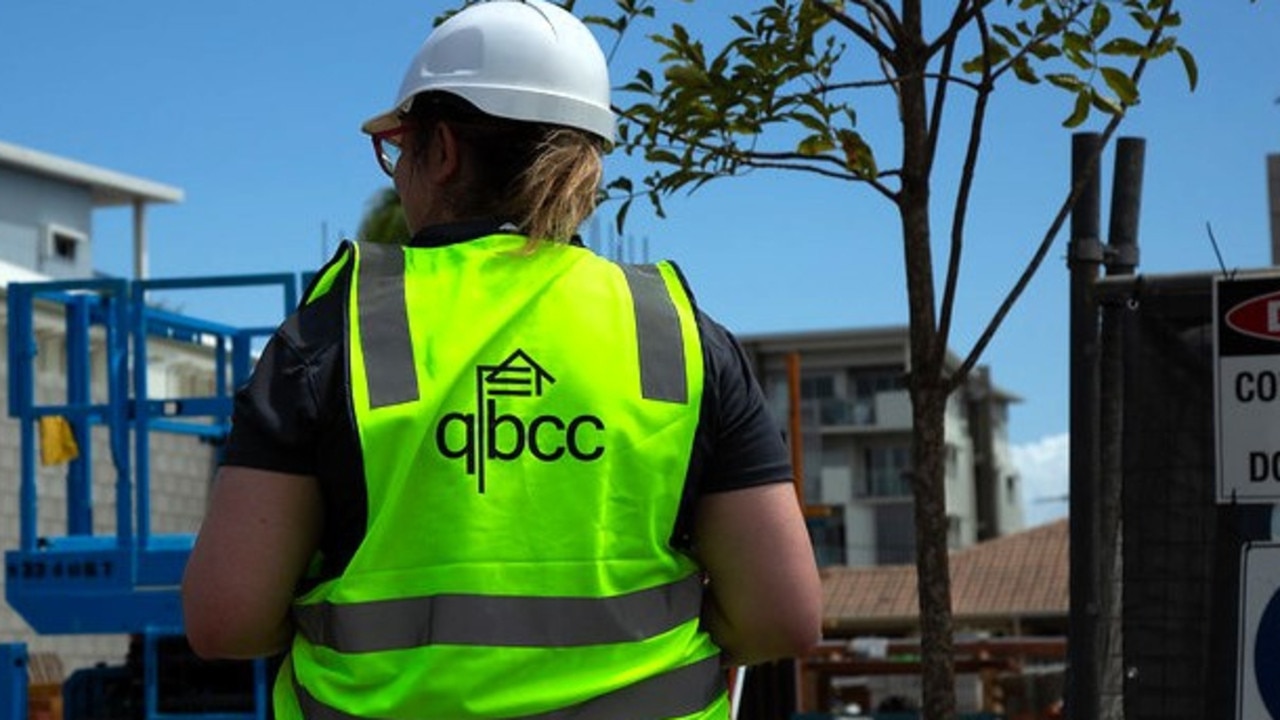Rate rises haven’t fully bitten and stocks may struggle, says global investment house
The outlook for stocks on the Australian market in 2024 is not particularly optimistic, says global investment manager T. Rowe Price’s Randal Jenneke.

Global investment manager T. Rowe Price predicts 2024 will be challenging for stocks.
As shares rebound strongly before the end of year on the hope that slowing economic growth and disinflation will lead central banks to cut interest rates in 2024, the US fund manager said that the impact of aggressive rate rises had yet to play out and Australia might need to lift them again.
While the AI revolution has fuelled a 19 per cent rise in the US market this year, Australia’s ASX 200 index has only risen about 2 per cent. Including dividends, those passively invested in the overall market will only be keeping slightly ahead of inflation running at about 5 per cent.
US economic growth has been surprisingly resilient and the Australian economy has been propped up by a massive increase in immigration. However, the concern for 2024 was that weak economic growth would weigh on corporate earnings, leaving the overall Australian sharemarket unattractive relative to bonds and cash, after a big rise in the yields of these safe investments in recent years.
“Investors are increasingly pricing in peak interest rates in many economies,” T. Rowe Price head of Australian equities Randal Jenneke said.
The market’s optimism is understandable given the rapid progress in reducing inflation. But it’s unclear how long interest rates will need to stay at current levels to get inflation close to central bank targets. In the case of Australia, Mr Jenneke said it might be well into 2026, rather than late 2025, that the 2.5 per cent midpoint of the RBA’s 2-3 per cent inflation target range was reached.
After weaker-than-expected economic growth data for the September quarter this week, the overnight index swaps market showed that further interest rate rises in Australia were now broadly unexpected. The market has priced in about 35 basis points of rate cuts by the end of 2024.
However, Reserve Bank governor Michele Bullock’s warning, in her Australian Business Economists speech last month, of a “sizeable demand-driven element to inflation” as of the September quarter, pointed to “one or more” increases in 2024, according to Mr Jenneke.
It came as JP Morgan head of global markets strategy Marko Kolanovic said he was “not positive” about the outlook for risk assets, including shares, in 2024.
Founded in 1937, Baltimore-based T. Rowe Price is a global investment manager with $US1.31 trillion in assets under management. It is one of the world’s biggest purely-active fund managers.

Labour markets in developed economies, including Australia, still appear too tight for comfort,” he said. “They may be inconsistent with reaching inflation targets within a reasonable time frame.
“The latter will most likely require growth to slow further and unemployment to rise,” Mr Jenneke said.
With its GDP per capita falling, Australia’s economy is well and truly into the slowdown phase, although high post-Covid immigration numbers have been enough to prevent recession.
But Australia is only just entering a second phase in the battle against inflation in which the RBA has been lagging behind the US Federal Reserve.
“The easy wins against inflation have been made and hard yards lie ahead in moving from around 5 per cent inflation closer to 2-3 per cent,” Mr Jenneke said.
“You can’t add between 500,000-600,000 people in a single year without adding to inflation pressures.”
And as in a number of other developed markets, wage inflation is still increasing in Australia.
It is likely to be one of the key issues investors should watch most closely in 2024, particularly given the parlous state of Australia’s productivity performance.
He said that the resilience in economic activity and employment in the US and Australia in 2023, while supporting equity markets, paradoxically created the risk of a nastier downturn in 2024, that could force central banks to “disappoint market expectations of interest rate cuts”.
“The collateral damage from sustained high interest rates will include corporate earnings and we expect to see further downgrades in 2024,” Mr Jenneke said.
“Whether or not we experience a mild recession or soft landing next year, it is highly likely that we will suffer a sharper fall in corporate profits as economies continue to gradually lose momentum.”
Indeed, the focus in markets will shift in 2024 from valuation risk – caused by rising interest rates – to earnings risk – caused by weakening economic growth and the chance of recessions.
“Cracks in consensus earnings expectations have started to appear in various sectors,” Mr Jenneke said.
“We therefore continue to maintain a defensive posture in the portfolio while also looking for opportunities in oversold growth names.”
He expected the more cyclical parts of the Australian sharemarket to come under greater earnings pressure in 2024, which should result in quality, defensive and growth companies benefiting as their earnings could prove more resilient.
Positively, he said the Australian economy was relatively well positioned for the new global investment regime that was unfolding, and he predicted many good long-term investment opportunities even if the short-term macro environment continued to be challenging.
“We remain cautious toward businesses with low pricing power, those with significant cyclical exposure or that are vulnerable to higher yields, and the more extreme growth, long-duration stocks,” Mr Jenneke said.
“We have more confidence in some of the GARP (growth at a reasonable price) companies with strong fundamentals, in quality, reasonably valued defensives with pricing power and in defensives that are not well owned.
“We are also encouraged by the recent improvement in Australia-China relations following Prime Minister Anthony Albanese’s visit to Beijing, which reached an agreement to review and likely remove China’s punishing import tariffs on Australian wine and other agricultural exports.”
Originally published as Rate rises haven’t fully bitten and stocks may struggle, says global investment house



